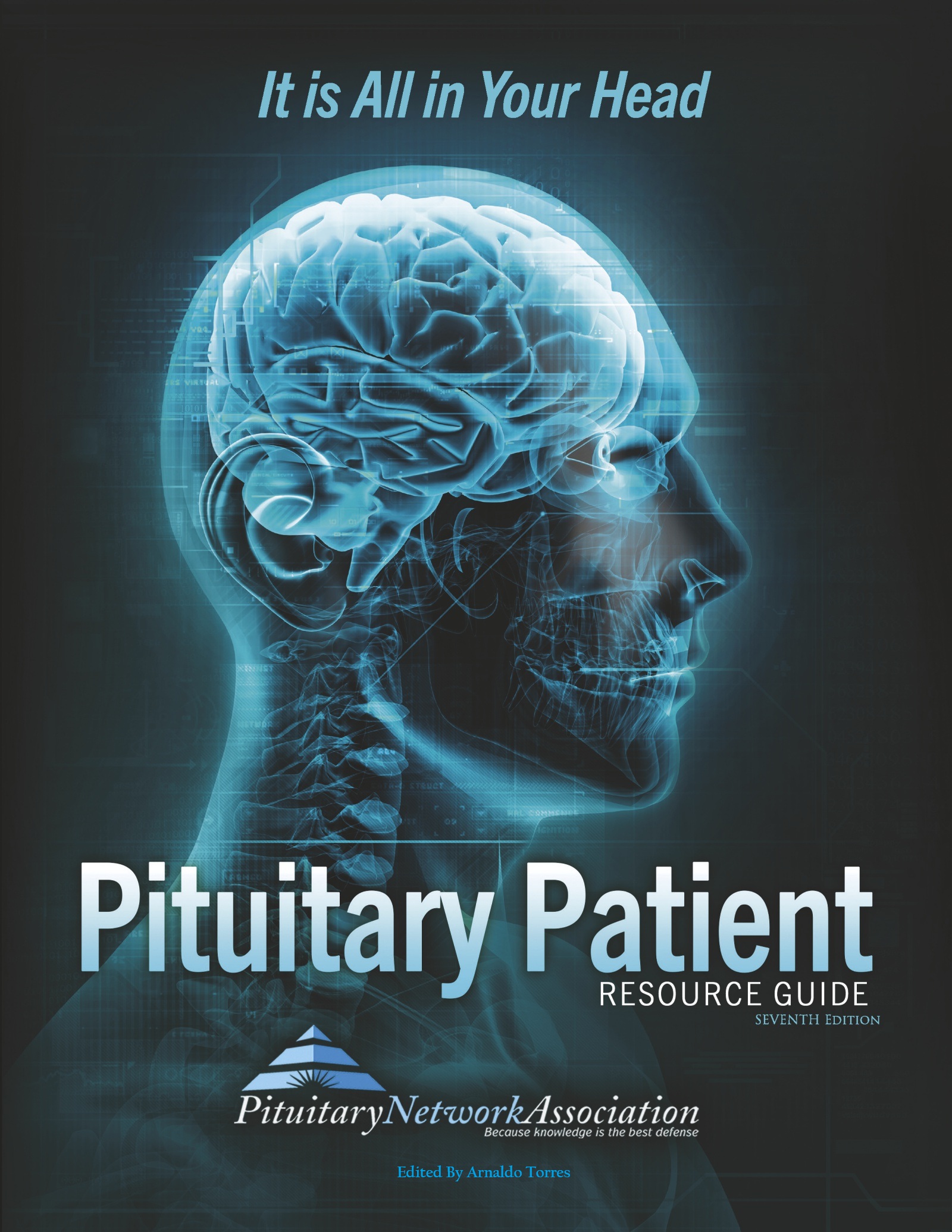Pituitary Family Resource Center
When a family member is diagnosed with a pituitary disorder such as Acromegaly the family system will be affected. No one lives in isolation, the people in this persons life will need to make adjustments. In order for the family to remain intact and interconnected there are some steps each member can take to ensure that their relationship stays strong and positive.
One of the most important things a family member can do is to educate themselves about the disorder with which their loved on has been diagnosed. We all know some of the effects of paralysis, or cancer, but the pituitary creates a set of symptoms understood by very few. If a family member truly wants to help, they need to find a way to try to understand.
To better serve patients the PNA, along with guidance and generous support from a PNA Member has developed a place for families to get information to help them understand the daily struggles that pituitary patients face. While these struggles are not evident on the outside, what these patients go through is real and can be very debilitating.
PNA Webinar: Pituitary Disorders and The Family
Presented by Dr. Jamie Banker, PhD
Mental Health Resources
American Association of Marriage and Family Therapists
www.aamft.org
American Psychological Association
www.apa.org
Health Resources and Services Administration
www.hrsa.gov
Other Useful Resources
US Disability and Endocrine Disorders
The Impact of Pituitary Disease on The Family Caregiver and Overall Family Functioning
Michael A. Weitzner1
Robert Knutzen2
1H. Lee Moffitt Cancer Center and
2Pituitary Tumor Network Association,
Tampa, Fla., USA
Abstract
Chronic medical illness not only affects the patient but the entire family. The family system undergoes a tremendous change in focus during the acute illness, with members marshaling their resources to help the ill member. This inward focus is costly, producing profound stress. Often, family communication styles change to protect the family system and prior functioning.
When the stress of caring for an ill member becomes chronic, as is seen in pituitary disease; the initially adaptive changes in family functioning may become problematic even in those families with previously healthy coping. Those families with previously less healthy functioning become even more dysfunctional.
Each family identifies a caregiver for their ill member. This caregiver also experiences significant stress related to caregiving demands. Caregiver adaptation to the stress depends on how the stress is perceived, as well as the caregiver’s coping patterns and availability of and satisfaction with social support.
These elements comprise a stress process model of caregiving, which has been well-validated in dementia caregiving research. Although the majority of research has focused on dementia and cancer caregiving, identified issues have applicability to caregiving and family issues related to pituitary disease. This report will review:






